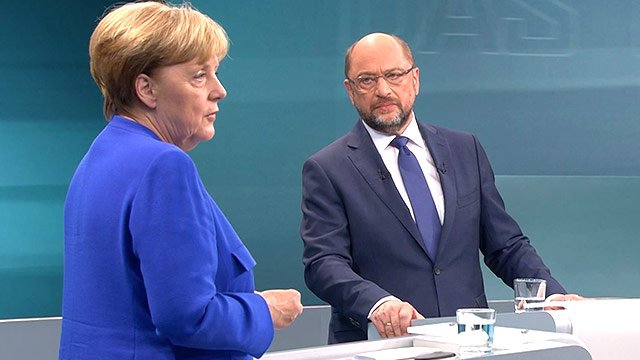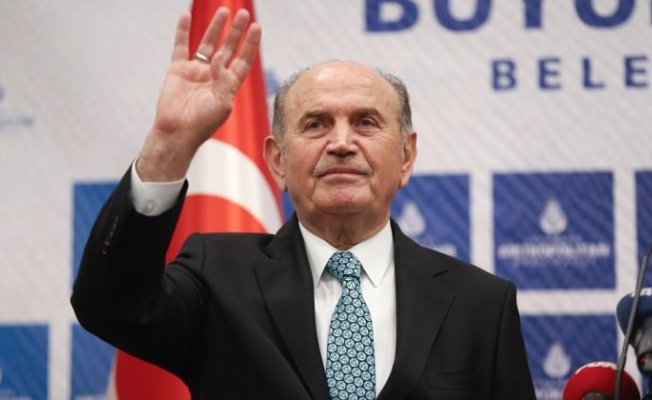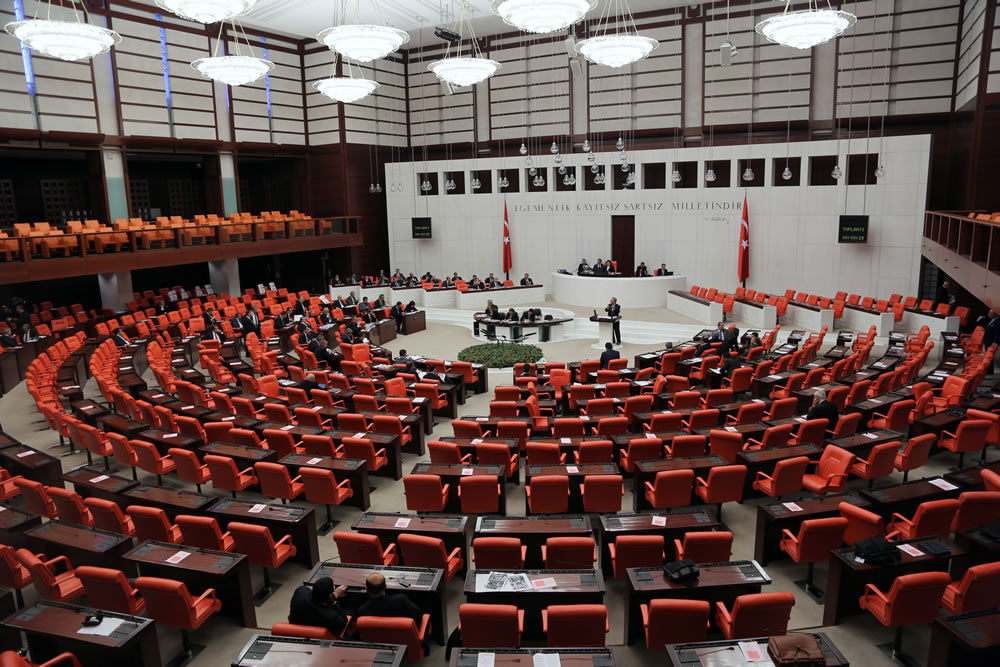No-one these days realistically believes Turkey’s EU membership bid is actually going places.
This isn’t just because the process has been glacial: it’s been 12 years since Turkish membership talks began and 30 since Turgut Özal asked to become a full member. Turkey first applied to become an associate member in 1959.
It’s also because the idealism that surrounded the prospect of Turkish membership at the turn of the century has all but evaporated.
But Angela Merkel’s remarks in a televised election debate on Sunday are still a blow.
“I don’t see them ever joining and I had never believed that it would happen,” AFP quoted her as telling her election rival Martin Schulz.
She said that she would speak to other EU leaders to see if “we can end these membership talks”, echoing similar remarks from Mr Schulz.
Britain’s impending exit from the European Union already meant Turkey had lost the most vocal advocate. Ms Merkel appears to have sealed its doomed fate.
The good it did
Few people think Turkey could actually have become a full part of European Union on the same terms as the existing members, but the accession talks themselves were once a force for good.
They helped improve the way of life in many, mostly boring ways for Turkish people. Pro-EU reforms helped make courts more accessible, harmonised company law with the rest of Europe and introduced the public to the concept of an ombudsman.
They helped make Turkey a more reliable place to invest in – and, therefore, richer.
The reason for Ms Merkel’s ire, twelve years into her chancellery, is current events. There has been an alarming crackdown on civil liberties in Turkey that has seen German citizens arrested on political charges. And President Erdoğan provocatively called on German Turks to vote against her – and Mr Schulz too – in this month’s federal election.
And yet it is hard not to ask how things might have been if Germany and Europe had put more heart into Turkish membership talks. As many as half of the negotiation chapters of EU law have been frozen for the past decade, ostensibly as a way to coax Turkey into an agreement over the Cyprus dispute and to assuage hostile public opinion in countries such as France and Austria.
But keeping the chapters frozen has stalled progress and development. Is it any wonder, Turkish opposition leader Kemal Kılıçdaroğlu has often mused, why Turkish courts are in the state they are when the “Judiciary and Fundamental Rights” chapter hasn’t even been opened?
Ms Merkel’s remarks are a blow because it confirms attempts to Europeanise Turkey will fail.
They also give Mr Erdoğan, who has sought a means to end Turkey’s candidacy without being the one who walks away, the perfect pitch to his nationalist electorate.
“They turned us away,” he will say. “They never wanted us. A Turk has no greater friend than a Turk.”
Ms Merkel blinked first. Mr Erdoğan got what he wanted.









